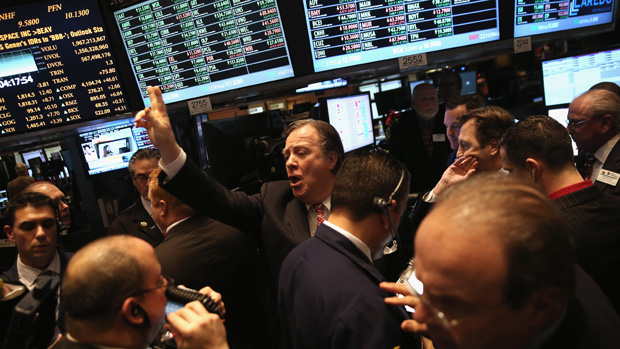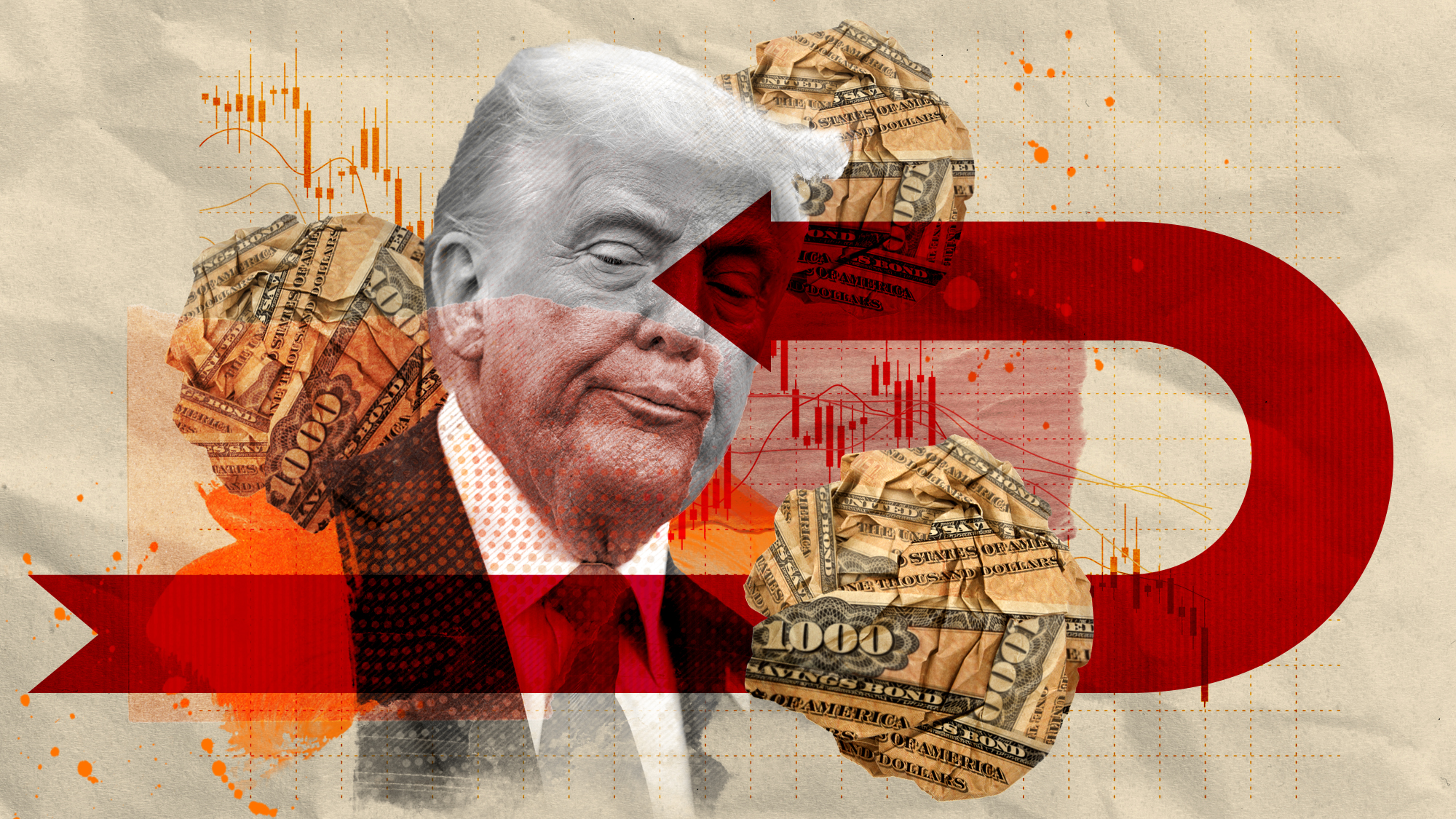How the markets reacted to the new Tory government
Sterling, bonds and equities surged after the general election - but is this just the calm before the storm?

Markets have rallied in the wake of last week's unexpected election result, responding positively to Britain's new Conservative government.
The pound enjoyed its best one day raise since 2011, the value of British companies swelled by £50bn and the FTSE-250 reached an all-time high during trading on Friday. Pressure on government bonds evaporated and equity prices surged, particularly in energy, property and banking, sectors that would have borne the brunt of Labour's business policies.
Although the markets have managed to avoid the turbulence a drawn-out period of coalition haggling is likely to have produced, experts have been quick to point out that the uncertainty is far from over and the markets’ strong early performance could prove hard to maintain.
The Week
Escape your echo chamber. Get the facts behind the news, plus analysis from multiple perspectives.

Sign up for The Week's Free Newsletters
From our morning news briefing to a weekly Good News Newsletter, get the best of The Week delivered directly to your inbox.
From our morning news briefing to a weekly Good News Newsletter, get the best of The Week delivered directly to your inbox.
"Champagne corks may be popping in the City this lunchtime, but when investors sober up they may remember that Britain faces several serious challenges," warns The Guardian’s economics editor Larry Elliot. Two serious consideration now need to be considered: a looming EU referendum and the rise of the Scottish National Party.
The news that David Cameron is planning on bringing the date of the referendum forward to 2016 is unlikely to calm investors' nerves. The vote on EU membership is bound to spook markets, but the full economic impact of a British exit from the union would be so large it is "impossible to quantify", says the Financial Times. "The City’s concerns fall into three main areas: uncertainty, access and influence."
A newly strengthened SNP is also likely to have a significant impact on British politics and markets. The party could force the government to offer further devolution in an effort to keep the union together, or could push for a second vote on Scottish independence, something Nicola Sturgeon has refused to rule out. Both scenarios could cause a repeat of the uncertainty that swept the markets ahead of last year's referendum.
For more information on investments, please click here
A free daily email with the biggest news stories of the day – and the best features from TheWeek.com
-
 Switzerland could vote to cap its population
Switzerland could vote to cap its populationUnder the Radar Swiss People’s Party proposes referendum on radical anti-immigration measure to limit residents to 10 million
-
 Political cartoons for February 15
Political cartoons for February 15Cartoons Sunday's political cartoons include political ventriloquism, Europe in the middle, and more
-
 The broken water companies failing England and Wales
The broken water companies failing England and WalesExplainer With rising bills, deteriorating river health and a lack of investment, regulators face an uphill battle to stabilise the industry
-
 Did markets’ ‘Sell America’ trade force Trump to TACO on Greenland?
Did markets’ ‘Sell America’ trade force Trump to TACO on Greenland?Today’s Big Question Investors navigate a suddenly uncertain global economy
-
 Texas is trying to become America’s next financial hub
Texas is trying to become America’s next financial hubIn the Spotlight The Lone Star State could soon have three major stock exchanges
-
 What a rising gold price says about the global economy
What a rising gold price says about the global economyThe Explainer Institutions, central banks and speculators drive record surge amid ‘loss of trust’ in bond markets and US dollar
-
 Is a financial market crash around the corner?
Is a financial market crash around the corner?Talking Points Observers see echoes of 1929
-
 The AI bubble and a potential stock market crash
The AI bubble and a potential stock market crashToday's Big Question Valuations of some AI start-ups are 'insane', says OpenAI CEO Sam Altman
-
 DORKs: The return of 'meme stock' mania
DORKs: The return of 'meme stock' maniaFeature Amateur investors are betting big on struggling brands in hopes of a revival
-
 Dollar faces historic slump as stocks hit new high
Dollar faces historic slump as stocks hit new highSpeed Read While stocks have recovered post-Trump tariffs, the dollar has weakened more than 10% this year
-
 How the US bond market works – and why it matters
How the US bond market works – and why it mattersThe Explainer Donald Trump was forced to U-turn on tariffs after being 'spooked' by rise in Treasury yields